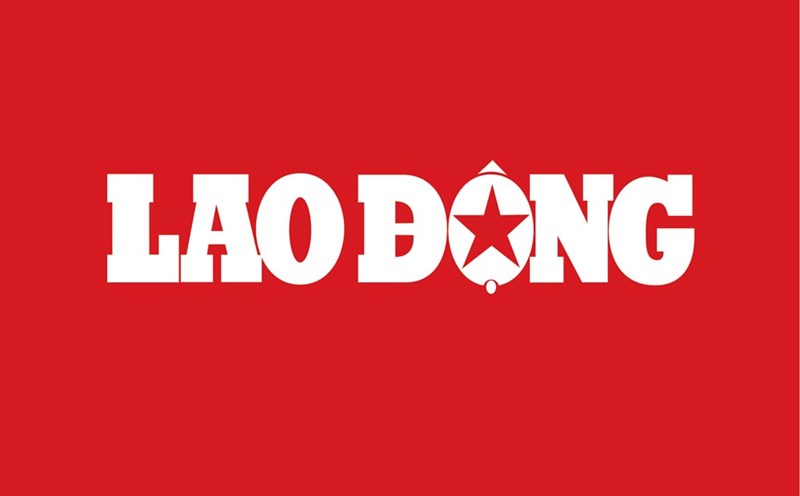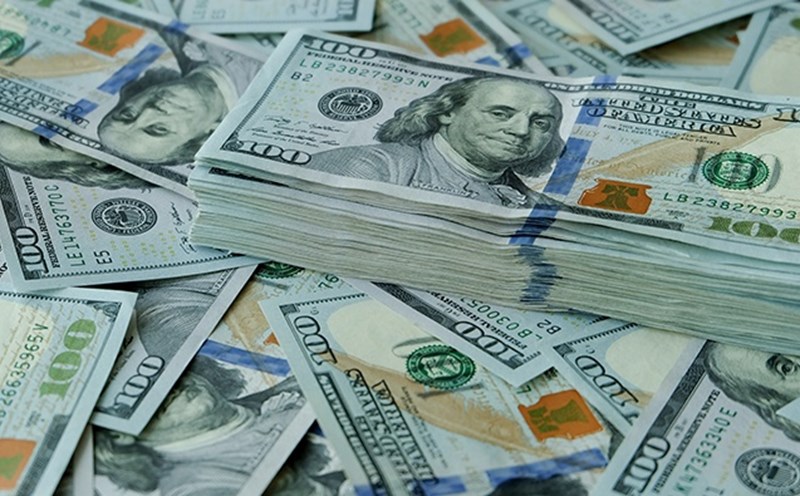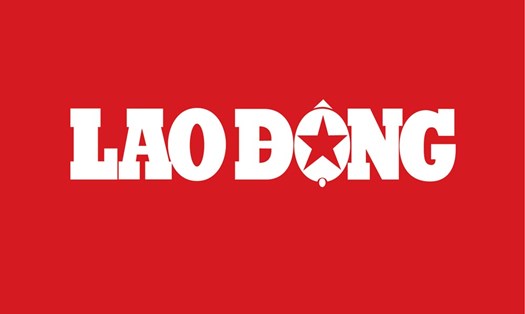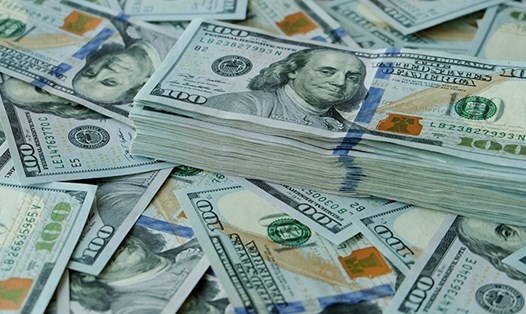Domestic liquefied petroleum gas (LPG) prices in Russia fell by half in December compared to the previous month due to sharp supply increases, as exports of this fuel were limited by the European Union (EU) embargo, according to Reuters.
In the domestic Russian market, LPG prices fell to around $1.40/ton in December.
EU sanctions on Russian LPG took effect on December 20, after being proposed by Poland - one of the largest importers of Russian LPG - last year.
LPG, also known as propane and butane, is mainly used as fuel for cars, heating and in the production of other petrochemical products.
The sudden increase in LPG supply in the domestic market caused wholesale prices to fall sharply, down to about 14,000 rubles ($140) per ton in December, compared to 28,000 rubles ($280) at the end of November. This figure is calculated based on data from transaction sources and a local commodity exchange.
LPG exports typically yield higher profits, with prices reaching as high as $230 per tonne when exported to Poland. However, only a few types of Russian LPG - accounting for about 20% of total exports - are still allowed for export under current regulations.
In recent months, Russia has increased LPG exports to other markets such as China, Mongolia, Armenia, Gruzia, and Azerbaijan, according to industry sources. Traders say that Russia's LPG exports to China still have great potential for growth.
Russia also exports LPG to Afghanistan, but these transactions are limited by payment issues.
Recently, commenting on the 15th package of EU sanctions against Russia, Russian Deputy Foreign Minister Alexander Grushko said that Moscow has adapted to the sanctions and will develop relations with all countries of interest.
Sputnik quoted Mr. Grushko as telling reporters: "The European Union is following a path of self-destruction, the Russian economy has adapted to the sanctions. No geopolitical goals can be achieved by imposing sanctions. We will develop our economic relations with countries of interest.
According to him, if the European Union wants to refuse to interact with Russia, then this is the EU's choice; the EU's losses due to Russian sanctions "according to current estimates exceed 1,500 billion euros".
In another development, the contract for transporting Russian gas to Europe via Ukraine, signed in 2019, expires on December 31 and Kiev will not extend it.
Last year, Gazprom supplied about 15 billion cubic meters via the route, equivalent to 4.5% of the EU's total consumption.
As the contract expiration date approached, gas prices increased. Earlier in the week, gas prices reached $500/1,000 m3.











